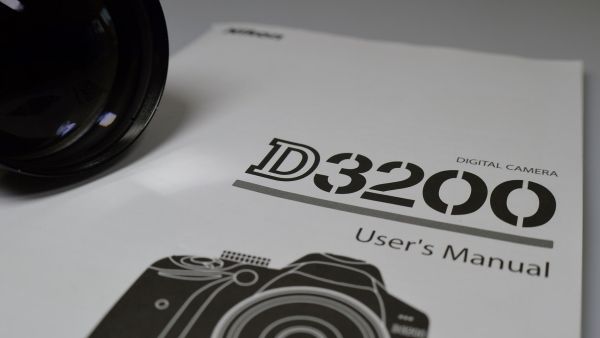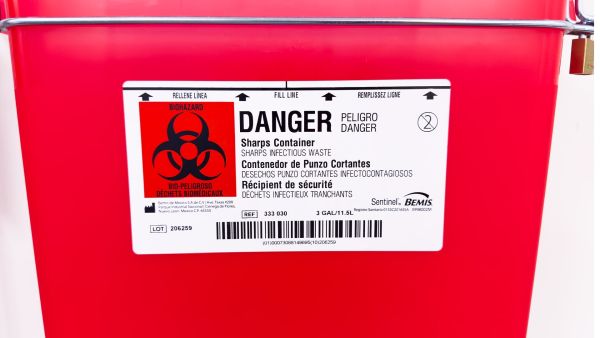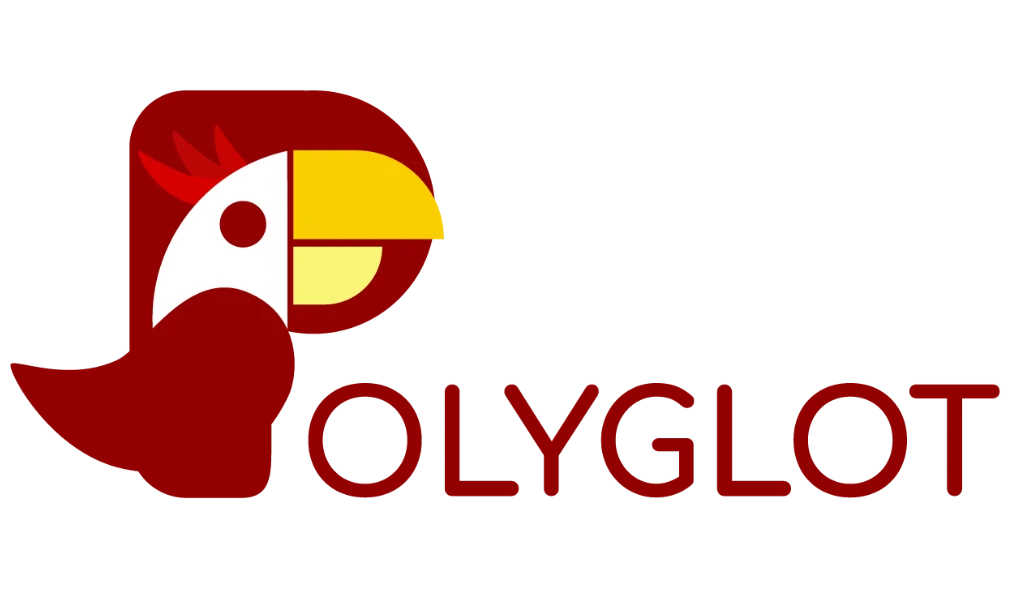Technical translation, similar to medical translation, is a challenging and responsible task. It requires precision, accuracy, and thoroughness, demanding high professional standards. With the continuous advancement of technology, there is a steadily increasing demand for technical translation. Manufacturing processes, tools, and machines are rapidly changing and being replaced, necessitating new translations, whether for technical specifications or user manuals. Technical terminology is also expanding, meaning that existing documentation occasionally needs to be reviewed. For these reasons, it is crucial whom we entrust with the translation of our technical materials. What should we know about technical translation? Our article reveals all!
General Information about Technical Translation
The field referred to by the collective name “technical” is one of the most diverse branches of translation. It includes extremely varied areas that require different levels of professional expertise. Often, even a translator with studies and experience in a given technical field needs numerous resources and research to produce accurate and professional work.
It can also be a significant dilemma for a project manager to find the right translator, not to mention assembling a team of translators focusing on a specific technical area. It is no coincidence that we compared this branch to medical translation in our introduction. With as similar dilemmas and problems perhaps only arise in the field of medical translations.
The diverse technical fields require the translation of many different documents. These include various technical specifications, user manuals, machine manuals, technical descriptions, and many more. The range of industries is also broad: automotive, mechanical engineering, energy, medical instruments, factory equipment, and many other areas. Due to continuous technological advancement, technical terminology is also expanding, making it a very dynamically developing branch of translation.

Technical Knowledge and Good Writing Skills - They Must Go Hand in Hand
We have already mentioned that finding professional translators or specialized translators experienced in a given field can sometimes be challenging. But it is just as much of a dilemma if we want to translate our materials using internal resources and our own employees.
Technical professionals spend most of their time expanding and maintaining their technical knowledge and getting to know new technologies. Even if they are persuaded to take on translation tasks, they have significantly less time to hone their language and translation skills. Therefore, it often happens that the material produced by a technical expert is rather “raw.” For it to be publishable, it definitely needs to be reviewed by someone else for grammar and style.
But let’s look at the other side: even a well-prepared, experienced employee without a technical background cannot always produce high-quality technical translations. Due to missing technical terms, mistranslations, or the incorrect use of technical jargon, the final content may seem less professional. In this case, too, a review will be necessary, but this time from the technical side.

What to Pay Special Attention to When It Comes to Technical Translation
Let’s look at some important, fundamental criteria to pay attention to during translation!
- Spelling
Proper spelling is a fundamental requirement for any translation. Today, this can be easily achieved with the help of the internet and Office tools. But it might still be necessary to use the latest spelling dictionary. In translation, pay particular attention to consistent terminology and adherence to basic spelling and grammatical rules. A good example of a spelling dilemma in technical translation is the word “service.” It is often seen spelled with a long “i” in Hungarian, although it should be short. Unfortunately, the spell-checker does not flag the long “i” version by default. The technical field includes many foreign-origin words whose spelling is not always straightforward, so it can be useful to consult a spelling dictionary occasionally.
- Accuracy, Style, Tone
In most specialized translation fields, the translation must be as concise and clear as possible. And of course adhering closely to the source text. Exceptions to this are marketing, PR, and image texts, where it is very important that the text conveys the same message to all audiences. Allowing for much greater freedom in translation.
In technical translation, accuracy is crucial. When it comes to technical descriptions or user manuals, it is very important to adopt a reserved, neutral tone in addressing the user and the general tone. Despite the fact that the text often contains instructions and imperative sentences, these are usually stated in declarative form, ending with a period. Exceptions are cases where the text is explicitly prohibitive or warning of danger.
- Units of Measurement, Standards
The problem of units of measurement can cause numerous issues, something laypersons might not consider. In the operation and maintenance manuals, repair guides for machines, equipment, or even vehicles, the source document might actually be intended for the North American or Anglo-Saxon market. The translator must ensure that all Anglo-Saxon units are converted to metric. Fortunately, in the age of the internet, conversion programs can be found in an instant using any search engine, allowing for easy conversion of Fahrenheit (F) to Celsius (C), pounds (lbs) to kilograms (kg), miles to kilometers, or inches to millimeters.

We can see that a precise and accurate technical translation requires many elements, so it is essential to carefully select the right translation agency that can professionally handle even the more complex translation tasks! Nonetheless, it is also a great help for the translation agency if the client provides a glossary of industry-specific terminology (if available) to ensure consistent technical jargon.






